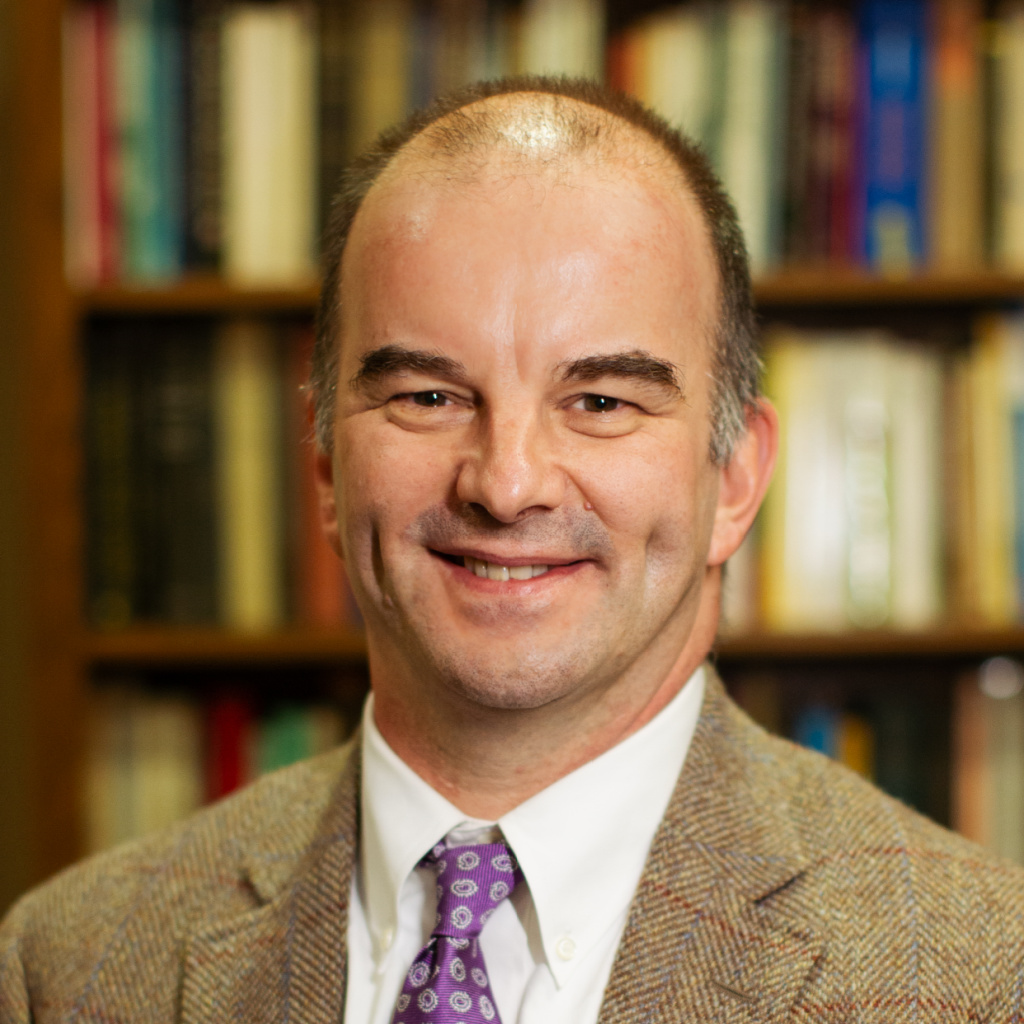
December Book Club: Who Is Truth?
Truth as a Person, Jesus Christ, reshapes how we approach revelation, moving us beyond contemporary ideological frameworks.

Truth as a Person, Jesus Christ, reshapes how we approach revelation, moving us beyond contemporary ideological frameworks.

It’s natural to air our frustrations. Sometimes, that works—and other times, it can hurt the very thing we aim to help.

Exploring the parallels between ancient Greek sacrifices and today’s cultural rituals, the analysis underscores the importance of discerning core doctrines from lesser controversies. It advocates for principle-based discipleship.

The story we tell about the world as a whole (“worldview”) influences everything—including basic notions like truth, identity, belonging, and love. That’s true whether or not we’re aware of it, so let’s pay closer attention.

When social scientists overstate the role of surrounding causes and conditions, they fundamentally misrepresent the nature of human experience—while undermining fundamental moral agency, accountability, and possibility itself.

Many believers have distanced from sacred conviction in order to be “neutral” researchers – without recognizing the alternative worldview they are embracing. There is a better way.

Latter-day Saint scholar Jeffrey Thayne interviews the noted theologian Carl Trueman about the “Strange New World” Christians are now living in.

Most students of psychology embrace the prevailing assumptions of the field as a starting point towards examining other things in their lives, such as faith. What if we did the opposite?

Compared with adherence to specific rules alone, the proactive pursuit to align our lives with the higher truths of the gospel is far more soul-stretching and demanding. Maybe that’s why Jesus encouraged the latter while cautioning against the former.

How does seeking to be a loving “ally” overlap (or not), with seeking to be a loving “disciple” of Christ?

Many young believers feel the only options they have are to be rigidly dogmatic to the point of being fundamentalist or to reject the Church’s teachings in favor of progressive political doctrines and intellectualism. This statement encourages intellectual engagement with the Church of Jesus Christ in ways that are faithful and flexible instead of either rigidly dogmatic or heretical and doubting.